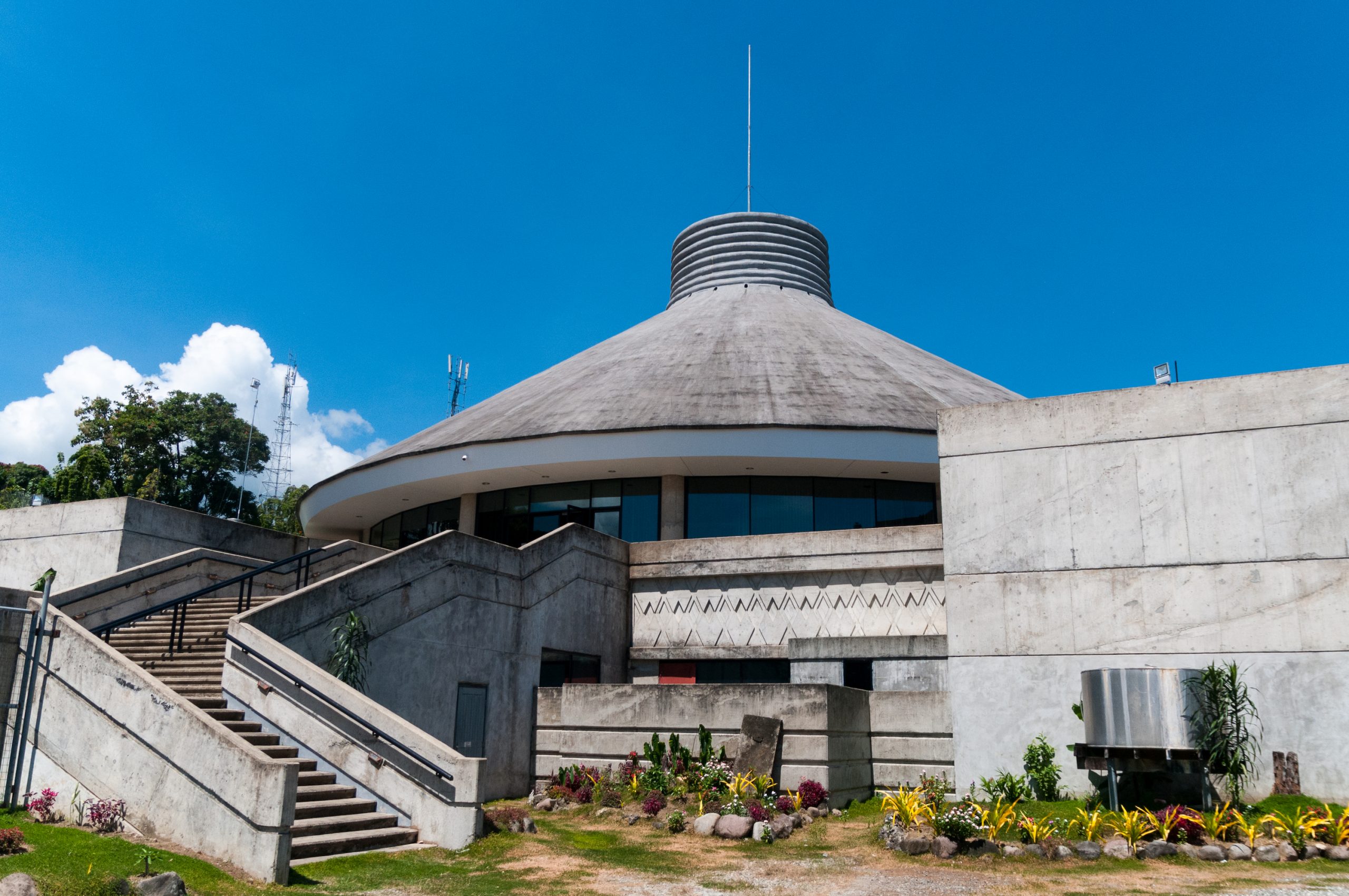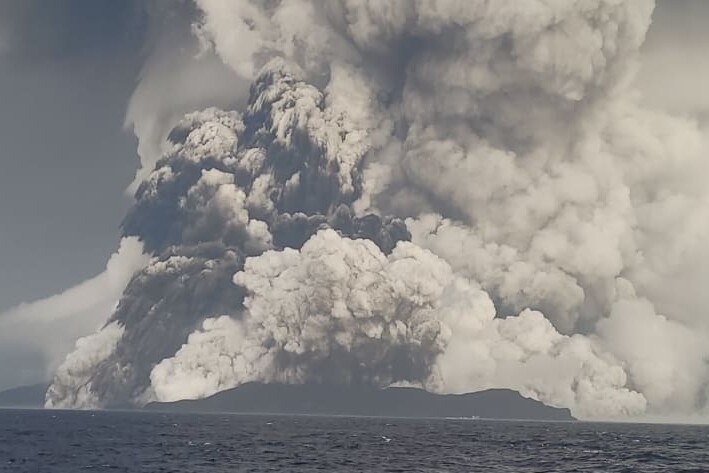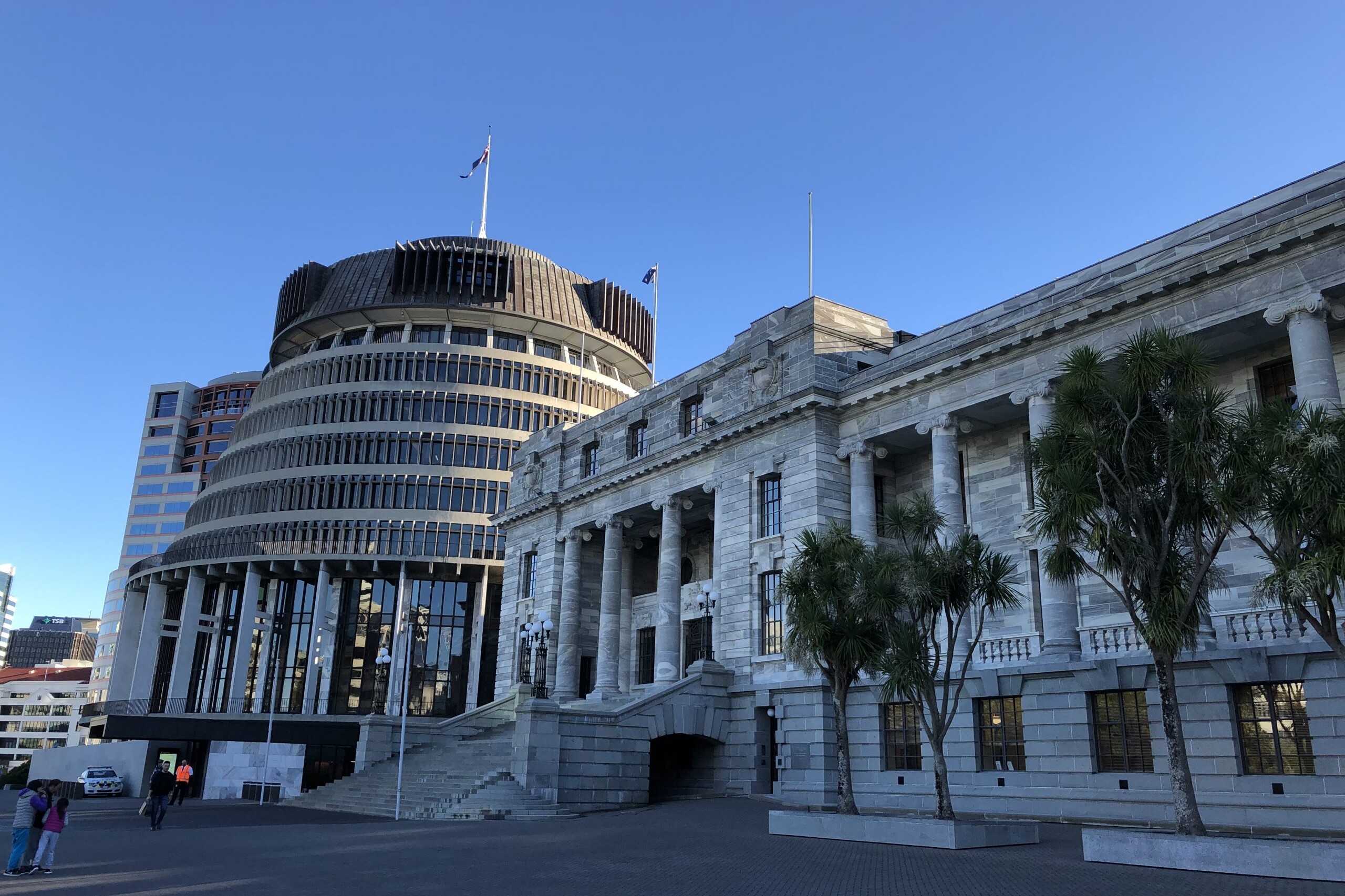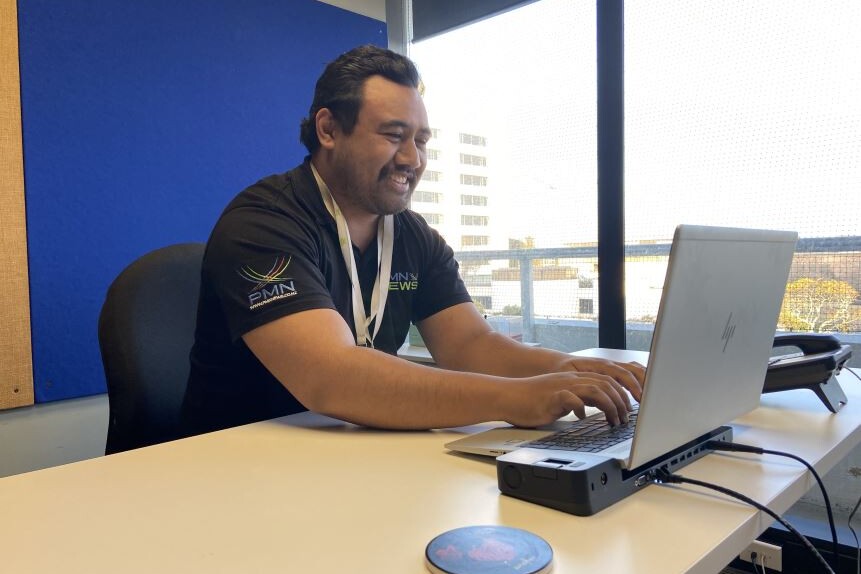Solomon Islands gov’t must respect national broadcaster’s independence
5th August 2022
The national broadcaster has been ordered by the government to self-censor, and only cover stories that show the country in a positive light.

The government of the Solomon Islands has tightened its grip over the national broadcaster, the Solomon Islands Broadcasting Corporation (SIBC). The Australian Broadcasting Corporation (ABC) reported that SIBC’s chairman met with the Prime Minister’s office and subsequently informed staff of the new editorial requirements last week.
It comes a month after the independence of the broadcaster was significantly undermined, when it lost its designation as a ‘state-owned enterprise’ and instead became fully funded directly by government. This caused concerns that the government was seeking to exert greater control over the broadcaster, which has since been confirmed through their latest actions.
Under the new rules, SIBC must:
- Self-censor in its news and other paid programmes
- Portray the government positively in any content
- Vet news and talkback shows to ensure they do not create disunity
It was also reported that all news and programmes will be vetted by a government representative.
“It’s very sad that media has been curtailed, this means we are moving away from democratic principles,” Julian Maka, the premier for Makira/Ulawa province, told The Guardian. Mr. Maka worked at the SIBC for 21 years.
Read more: Major media networks collaborate to develop talented Pacific journalists
According to SBS, the government explained their actions by blaming SIBC for a “lack of ethics and professionalism”. They accused the broadcaster of propagating “lies and misinformation.” However, in the statement published today, the Office of the Prime Minister and Cabinet, said “Editorial control remains with SIBC.”
The broadcaster’s CEO, Johnson Honimae, rejected the reports, and denied there would be government censors. However, he accepted the government had been in contact to complain that SIBC had “been running too many stories from the opposition side, causing too much disunity.”
Changes being driven by Chinese influence
Prior to these changes, the SIBC had enjoyed some degree of editorial and financial freedom. “We want every citizen [to] say what they want and share and debate issues important to the country,” the veteran journalist Dorothy Wickham told ABC Radio last month. “Journalists don’t work for [Prime Minister Mannaseh] Sogavare, they work for SIBC – and SIBC belongs to Solomon Islands.”
This assertion is now largely under threat due to the recent changes. These have been largely driven by Solomon Islands’ role as the geopolitical frontier between the west and China.
In March, a draft agreement of a security pact between Solomon Islands and China was unveiled. This prompted concerns from Australia, New Zealand, and the US that it could see a Chinese military base established on the island, something the Solomon Islands government has dismissed.
“In my nearly 35 years in journalism, I have never experienced such a blackout” – Veteran Solomon Islands journalist, Dorothy Wickham
Cooperation between the Solomon Islands and China has subsequently increased. China’s foreign minister, Wang Yi, visited Solomon Islands amongst other Pacific nations in May. Chinese police are providing “management and leadership” training to Solomon Islands.
According to the ABC, “The ‘China way’ of doing things has seeped into the Solomon Islands – and it will be hard to wind it back”. This includes the Chinese government’s intolerance for media freedom and independent public service media.
The consequence for media freedom?
During Wang Yi’s visit to the Pacific Islands, journalists covering the tour were blocked from asking any questions. “The total opacity surrounding the events organised by the Chinese delegation with several Pacific island states clearly contravenes the democratic principles of the region’s countries,” said Daniel Bastard, the head of RSF’s Asia-Pacific desk.
In the Solomon Islands, local media were only permitted to ask one question, and that was to their own foreign minister. The Media Association of Solomon Islands consequently boycotted the press conference.
This strict control over media access to government officials in Solomon Islands has been perpetuated over the past few months since the security pact was unveiled.
“In my nearly 35 years in journalism, I have never experienced such a blackout,” Dorothy Wickham wrote in The Guardian. “Solomon Islands is experiencing the closing of doors and controlled dissemination of information from the prime minister’s office. This has been seen for years in nearby Fiji but is new to Solomon Islands media.”
When Australia’s new foreign minister, Penny Wong, visited in June, the Australian High Commission Solomon Islands funded SIBC to report on the trip.
Importance of an independent and trusted broadcaster
The International Federation of Journalists strongly criticised Solomon Islands’ government and described it as “an assault on press freedom and an unacceptable development for journalists, the public, and the democratic political process.”
SIBC plays an enormous contribution to social and cultural life in Solomon Islands where it is the dominant TV and radio media organisation. Under the tagline “Voice of the Nation”, SIBC provides invaluable services, from educational and religious programming, to critical emergency broadcast services. But its news output is equally essential.
To be trusted, public service media must be independent from government. It needs to be able to hold power to account, interrogating the actions of authorities without fear or favour. If SIBC becomes a state mouthpiece, then trust and confidence in SIBC will plummet. Ultimately, it will be the Solomon Islands public who will lose most – access to a trusted news source and a reliable, independent, invaluable public service. While the government has rejected accusations that it is seeking to control the editorial output of the broadcaster, the wider context suggests media freedom is severely under threat.
The Public Media Alliance calls on the government of Solomon Islands to retract its latest aggressive moves towards SIBC. Its previous funding mechanism must be reinstated, the government must comprehensively retreat from its attempts to control its editorial output, and ultimately it must respect SIBC’s independence. Furthermore, it must work to erode the climate of secrecy, lack of accountability, and disdain for public interest journalism which appears to have been established.
Related Posts
27th July 2022
“A vital tool”: Why RNZ turned to shortwave after the Tongan volcanic eruption
When the Hunga Tonga-Hunga Ha'apai…
29th June 2022
More details announced for New Zealand’s new public media entity
The new entity will be called ‘Aotearoa…
17th March 2022
Covering the Tongan tsunami from abroad, with no communications
Tongan journalist Agnes Tupou reflects…
20th July 2021
Major media networks collaborate to develop talented Pacific journalists
The number and quality of Pacific…



